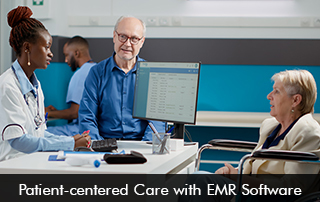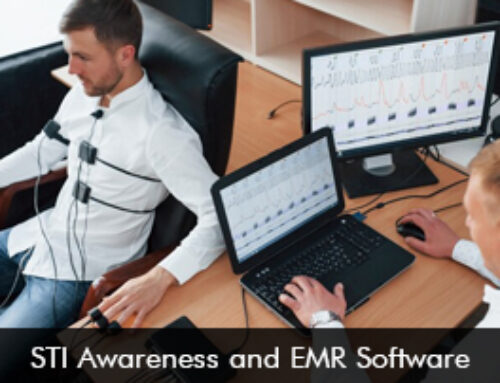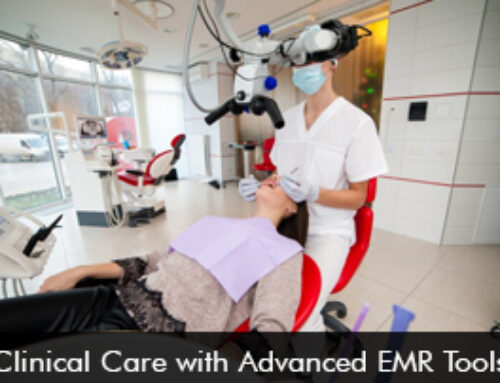Healthcare today is prioritizing patient-centered care by keeping the patient at the heart of everything. Most healthcare organizations in the United States have leveraged Electronic Medical Records (EMR) Software systems with patient engagement tools to empower patients in their healthcare decisions keeping in mind their preferences and values.
Key Aspects of Patient-Centered Care
To drive patient-centered care and keep patients satisfied it is vital to know the main principles of patient-centered care which comprise of the following:
- Acknowledge Patient Values and Beliefs
- Smooth Information Sharing and Communication with Care Teams
- Patient Participation
- Continuity of Care
- Empathy and Compassion from the Healthcare Provider
How can EHR Software Systems Support Patient-Centered Care?
A collaborative and patient-centered approach can be maintained with the robust technology of EMR Software and various patient engagement solutions.
Flawless Communication
A top-ranked EMR Software system offers patient engagement tools such as the patient portal software system. In patient-centered care, patients want to feel on top of their healthcare journey by getting involved in healthcare decision-making and communicating openly and securely with their providers. The patient portal platform exactly does this. According to PEW research, 61% of American patients want to freely access their medical records via the Patient Portal EMR Software.
Via the online tool, patients can message their clinician, update health data, schedule appointments, view lab/test results, and have access to personalized healthcare resources. Patient participation and involvement can lead to improved patient satisfaction scores and better adherence to treatment plans, ultimately boosting health outcomes.
Customized Treatment Plans
Patient-specific care plans can be created and managed with the help of EMR systems. A patient-centered approach to healthcare can be fostered by customizing these plans to each patient’s unique requirements and preferences.
Accessible Patient Records
Electronic Health Records (EHR) Software makes patient records easily available to authorized healthcare providers across different departments and locations. This guarantees that all members of the care team receive the most up-to-date information, enabling continuity of care and care coordination between providers to offer exceptional patient care.
The Importance of Patient-Centered Care
Patient-centered care improves patient satisfaction scores, treatment adherence, and overall health outcomes. The new healthcare paradigm encourages collaborative and respectful relationships between healthcare practitioners and patients, resulting in a more effective and person-centered healthcare system.
EHR software is a critical tool for encouraging patient-centered care by providing complete, accessible, and secure patient information, fostering communication, and facilitating tailored treatment plans. When properly deployed, EMR systems help to create a more collaborative and patient-centered healthcare environment reaping benefits for both patients and providers.







